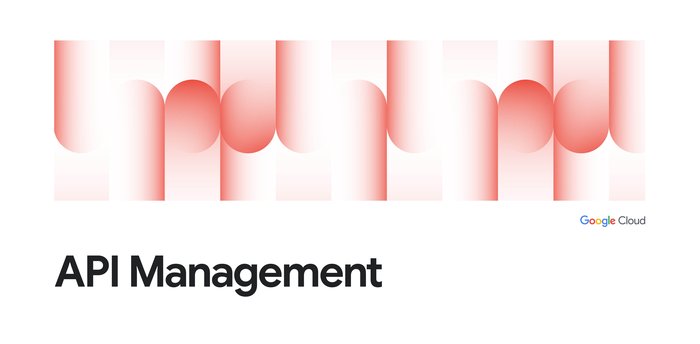Apigee Edge Service Broker 3.0.0 for Pivotal CF is here!
Kyle Wiese
Prithpal Bhogill
Group Product Manager
We’re excited to announce the general availability of Apigee Microgateway for Pivotal Cloud Foundry, a new model for deploying a microgateway inside Cloud Foundry apps to provide integrated API management for microservices.
Over the past couple years, Apigee has delivered native integrations with both Pivotal Cloud Foundry (Pivotal CF) and Open Source Cloud Foundry (CF) that provide app developers with simple, powerful API management services via the Apigee Service Broker.
This service broker has enabled Pivotal CF and CF developers to, in a few simple steps, meet their needs with Apigee Edge, an enterprise-grade, purpose-built API management platform, and Apigee Microgateway, a secure, HTTP-based message processor for APIs that runs in close proximity to a desired application.
We released version 3.0.0 of Apigee Service Broker for Pivotal CF to ensure that the Apigee Service Broker stays up to date and continues to provide a seamless user experience.
Prior to this release, the Apigee Service Broker for Pivotal CF supported two different plans, the org plan and the microgateway plan. In the latest version, we’ve included a new plan for deploying the microgateway inside Cloud Foundry apps to provide integrated API management, adding microgateway-coresident to the list of available plans.
The org plan
The org plan takes advantage of Apigee Edge’s full feature set, including over 30 out-of-the-box policies that provide support for traffic management, caching, OAuth, threat protection, and transformation. Whether Apigee Edge is located on-premises or in the cloud, this plan enables developers to redirect traffic meant for their application to their Apigee Edge proxies.

Besides the complete Apigee Edge feature list, the org plan provides the following benefits and features
- An expanded ability to develop and edit proxies
- Analytics provided across all API exposures
- Consistent access to APIs by leveraging common infrastructure for API keys, tokens, and API product definitions
- A single, self-service developer portal for internal and external API consumers
The microgateway plan
The microgateway plan leverages a microgateway through the use of a separate application within CF. This plan enables developers to build their applications around a scalable number of microgateway instances that support custom policies and basic Apigee Edge features without the need for redirecting traffic to the cloud.

Generally the microgateway plan provides the following benefits and features:
- A single microgateway instance that’s responsible for multiple applications
- A microgateway that scales as traffic increases
- Less routing hops in comparison to the org plan
- Analytics via a lightweight mechanism across all API exposures and use cases.
- Consistent access to APIs by leveraging common infrastructure for API keys, tokens, and API product definitions
- A single, self-service developer portal for internal and external API consumers.
The microgateway-coresident plan
The new microgateway-coresident plan leverages the meta buildpack through which the API runtime (the Apigee Microgateway) can be injected into the app container as a sidecar proxy using config/build constructs.

Apigee Microgateway’s light footprint deployment model makes it easy to co-reside within apps/microservices developed in CF.
Generally the coresident model provides the following benefits and features:
- A lack of routing overhead, as Apigee Microgateway is embedded into the app container, making this option great for apps that have low latency requirements.
- Automatic scaling, as Apigee Microgateway is part of the app container, so it participates in the app lifecycle process and scales up automatically as the app is scaled.
- Consistent and pervasive protection to service implementations, as all ingress to the service runs through Apigee Microgateway.
- Analytics across API exposures, as Apigee Microgateway provides a lightweight mechanism for capturing analytics for all use cases.
- Consistent access to APIs by leveraging common infrastructure for API keys, tokens, and API product definitions.
- A single, self-service developer portal for internal and external API consumers.
The new capabilities eliminate friction for app developers and helps them enable API management for their microservices, so they can be secured, managed, and the relevant stakeholders get out-of-the-box, end-to-end visibility.
To try this new release, Pivotal CF app developers can download the service broker tile from the Pivotal Network. Please check out the full documentation and release notes, and visit Apigee Community with any questions or feedback.

